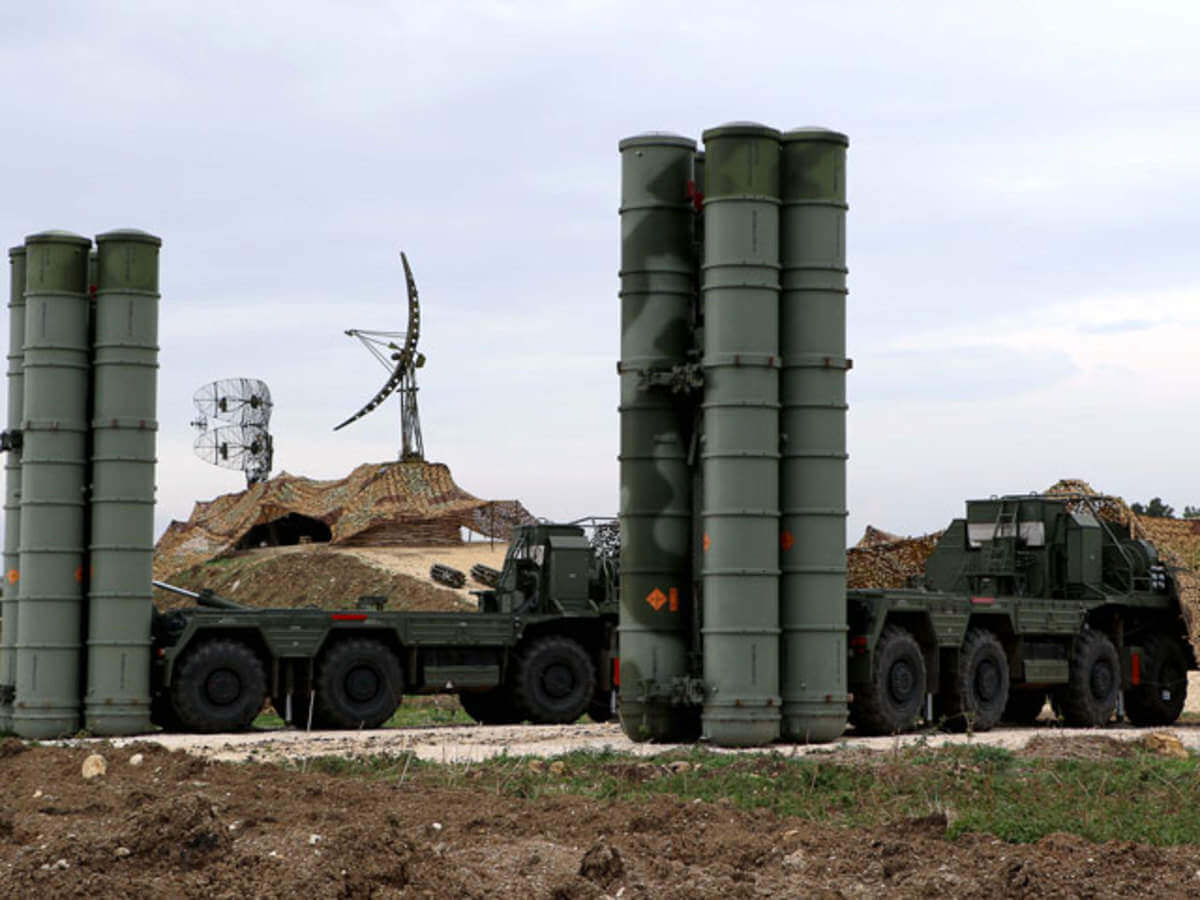Japan has lodged a protest against Russia for deploying mobile coastal defence missile systems on a northern island of the disputed Kuril island chain.
The strategically located archipelago lies between Japan and Russia’s Kamchatka Peninsula. While the island chain is held by Russia, Japan claims it to be part of its own territory and recognises it as the Northern Territories.
The Russian defence ministry announced on Monday that it had set up Russian Bastion systems on the island of Paramushir. The missiles have a flight range of up to 500 kilometres.
“Coastal servicemen of the Pacific Fleet will keep a round-the-clock watch to control the adjacent water area and strait zones,” it said.
The ministry added that it has also set up a military camp on the island with “enough facilities for year-round service, accommodation, recreation, and food for personnel.”
Despite reconciliation attempts by Japan in recent years, satellite imagery shows Russia has continually developed multiple military bases throughout the disputed Kuril Islands, as close as 14 miles from Hokkaido. Ike Barrash writes: https://t.co/4c3DkDLayr pic.twitter.com/FNfJJIGynV
— AMTI (@AsiaMTI) November 30, 2022
This deployment comes a year after Russia set up the Bastion systems on the island of Matua in the central part of the Kuril ridge.
Similarly, in December 2020, it deployed a battery of advanced air defence missiles, on the Iturup island (recognised as Etorofu in Japan), which is part of the four islands that form the Southern Kuril archipelago.
In addition, it deployed surface-to-ship missile systems to the Etorofu and Kunashiri islands in 2016.
Reacting to the latest development, Japan’s chief cabinet secretary, Hirokazu Matsuno, said during a press conference on Tuesday that Tokyo will closely monitor the Russian military’s activities in the region. He added that Russia’s military build-up in the far east has been intensifying in tandem with its aggression in Ukraine.
Washington-based think tank Center for Strategic and International Studies said in a report in September that Russia’s militarisation of the Kuril Islands had “flown largely under the radar” due to the focus on its actions in Ukraine.
Japan claims the Russian-held southern Kuril islands, which Tokyo refers to as the Northern Territories, in a territorial dispute that dates back to the end of WWII, when Soviet troops seized them from Japan.
— Gurbaksh Singh Chahal (@gchahal) December 6, 2022
“Russia’s steps to boost its presence suggest that the islands will continue to play a pernicious role in the future of Russo-Japanese relations and that Japan and the United States should deepen consultations regarding Russia’s activities in the region,” it said.
The disputed region was seized by the Soviet Union forces towards the end of World War II, following Japan’s surrender to the Allied Forces, at which point it was referred to as Staten Island.
The contentious islands are also considered to be rich in hot springs, minerals, and rare metals such as rhenium, which is used in the manufacturing of supersonic aircraft.
The archipelago is among one of the international community’s oldest unresolved territorial disputes; it has caused friction in Russia and Japan’s bilateral relations and has prevented the two from signing a peace treaty.
The Kurils have been a recurring flashpoint for tensions due to Japan's staunch pro-Ukraine stance and the breakdown of World War II peace negotiations
— Samuel Ramani (@SamRamani2) December 6, 2022
Russia's Bastion system deployment with a 310 mile missile flight range is the latest example
Ties between the two nations have further tensed this year, as Japan has sided with its Western allies and taken on a pro-Ukraine stance.
In April, Tokyo announced the expulsion of eight Russian diplomats over “war crimes” in Ukraine.
The row between the two countries further deepened when Tokyo removed the Azov battalion from its list of neo-Nazi organisations. The group has been accused of several war crimes in Ukraine, including the killing of civilians and trying to shift the blame onto the Russian army and killing Russian prisoners of war. However, Tokyo’s Public Security Intelligence Agency apologised for the “misinformation” generated by its previous designation as a neo-Nazi group.
At the time, Russian Foreign Ministry spokesperson Maria Zakharova responded to the move by accusing Tokyo of being “an accomplice of neo-Nazism.”

